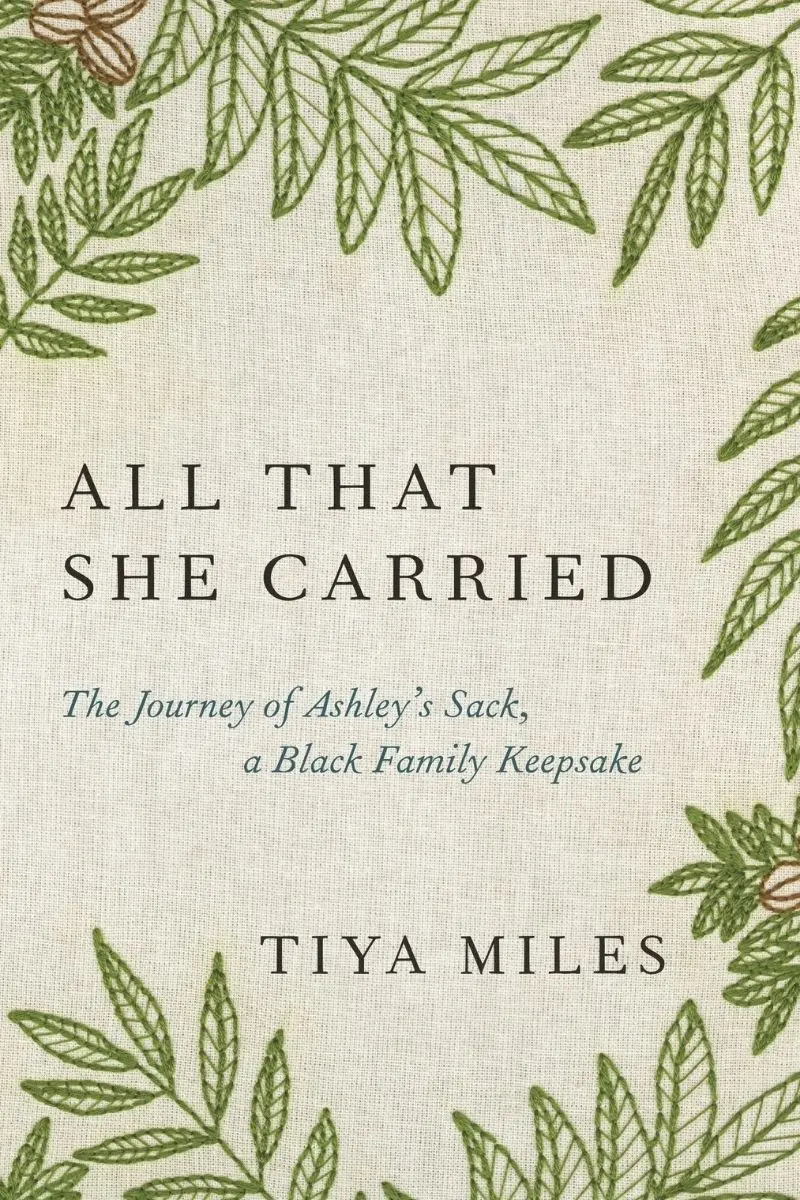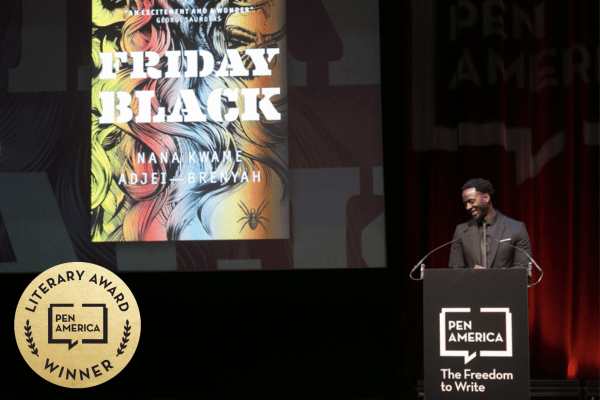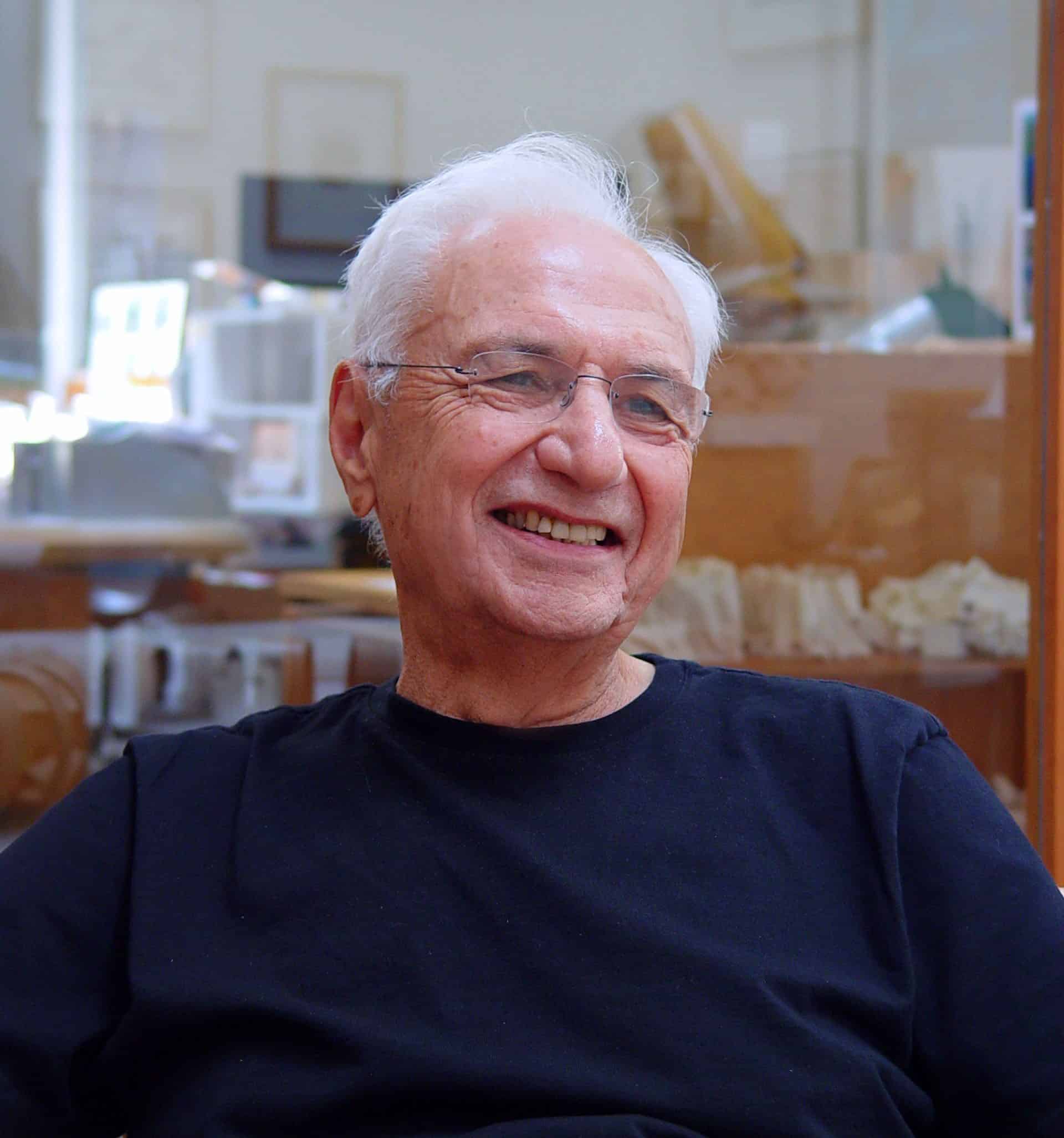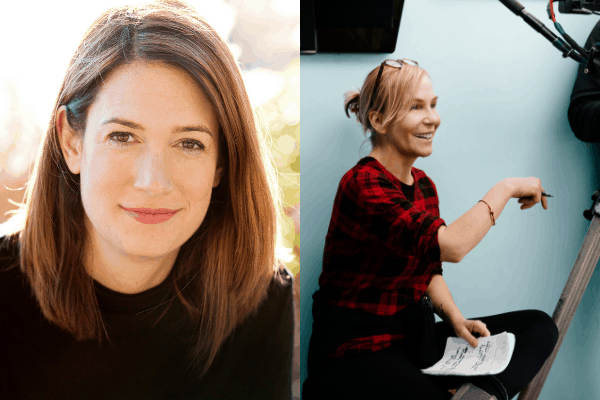PEN America is thrilled to announce the 2022 Literary Awards winners. The following book award winners were announced live at the PEN America Literary Awards Ceremony on February 28, 2022, at The Town Hall in New York City and hosted by Seth Meyers.
Since 1963, the PEN America Literary Awards Program has honored outstanding voices in fiction, poetry, science writing, essays, biography, children’s literature, translation, drama, and more. With the help of our generous partners and supporters, this year PEN America conferred over 20 distinct juried awards, grants, and prizes, awarding more than $350,000 to more than 40 writers and translators.
Learn more about the 2022 career achievement award winners and grant winners, which were announced earlier. Our awards are juried by panels of esteemed, award-winning writers, editors, booksellers, and critics. Learn more about the 2022 PEN America Literary Awards judges here.
Watch the ceremony here:
PEN/Jean Stein Book Award ($75,000)
To a book-length work of any genre for its originality, merit, and impact, which has broken new ground by reshaping the boundaries of its form and signaling strong potential for lasting influence.
Judges: Sarah Shun-lien Bynum, Angie Cruz, Maurice Manning, Steph Opitz
Winner: The Kissing Bug: A True Story of a Family, an Insect, and a Nation’s Neglect of a Deadly Disease, Daisy Hernández (Tin House Books), Bookshop
From the judges citation: “Inspired by her aunt’s death from Chagas disease (also known as the “kissing bug” disease), Daisy Hernández turns a critical eye to a devastating infection affecting predominantly impoverished and/or marginalized communities. Poignant and timely, The Kissing Bug renders a heart-wrenching narrative of a disease almost completely unknown in Western medicine that has infected 300,000 people in the United States and counting, most of whom are immigrants. Hernández draws conclusions that are both sociologically and medically revelatory while opening the heart to family understanding and intergenerational healing. With virtuosity, The Kissing Bug merges personal narrative with scientific research.
The Kissing Bug is a fusion of obsessively researched journalism—unsurprisingly, as Hernández wrote for The New York Times and other major news outlets for over a decade—and a deeply meditative memoir, rendered in lyrical prose. It’s a trailblazer of a book; this in-depth reportage about a vital topic in which Hernández has a personal stake is singular and essential reading that will no doubt influence writers, reporters, and healthcare workers for years to come.”
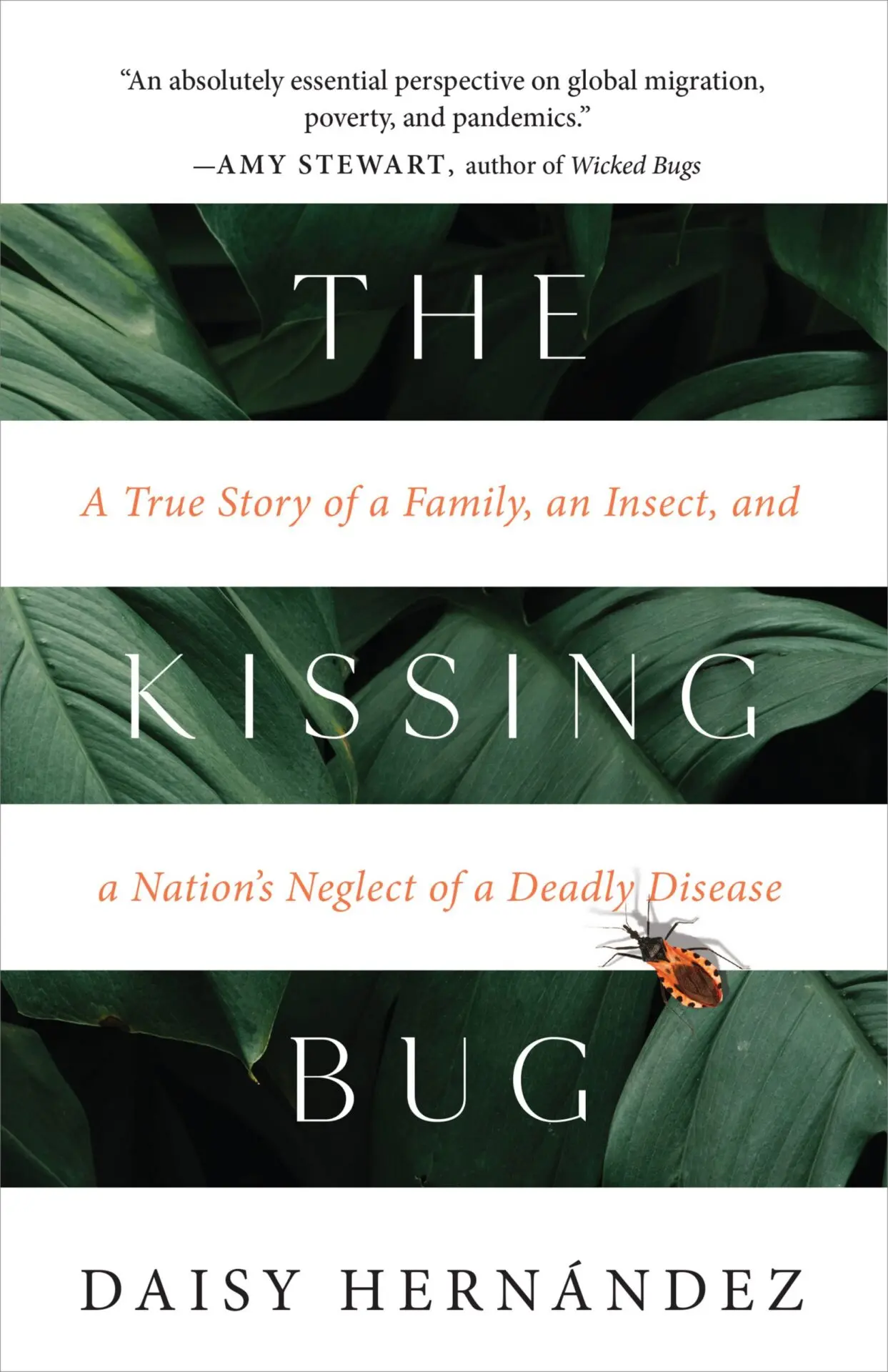
PEN Open Book Award ($10,000)
To an exceptional book-length work of any literary genre by an author of color.
Judges: Jaquira Díaz, Rigoberto González, Sequoia Nagamatsu, Khadijah Queen
Winner: Curb, Divya Victor (Nightboat Books), Bookshop
From the judges’ citation: “Curb is a remarkable book of poetry. It is a stunning historical document that is also about recovery—of physical bodies, of selves, of truth. At the same time, it amplifies an endemic racism that the media erroneously treats as isolated incidents. Divya Victor’s vigorously researched hybrid work expertly shows how the discrimination embedded in American social practices acts against the South Asian community to devastating effect. The book’s unconventional structure uses location, language and personal narrative to mimic or parallel the everyday difficulties of navigating public spaces for people whose suffering runs the risk of being forgotten or made invisible. Lyric poems blend with journalistic narrative to transform documentation into artful revelation. Curb’s emotionally-driven prose balances the intellectual and political with the personal in a brilliantly inventive way.”

PEN/Robert W. Bingham Prize for Debut Short Story Collection ($25,000)
To an author whose debut collection of short stories represents distinguished literary achievement and suggests great promise for future work.
Judges: Ling Ma, Manuel Muñoz, Oscar Villalon
Winner: Skinship: Stories, Yoon Choi (Knopf), Bookshop
From the judges’ citation: “Deeply immersive, lived in, and complex, Yoon Choi’s Skinship reads as the gathered work of a writer in command of her craft. Set among the varied worlds of Korean immigrants and Korean Americans, Choi’s engrossing narratives are marvels of observation and restraint in which deep specificity blossoms into universal recognition. Inhabiting the lives of the old to the very young, imbued by the shadow of death and the light of possibility, Choi’s eight stories land on the thin, delicate balance between compression and breadth: the entire history of individuals is revealed to us by their most piercing and telling moments. The collection’s wisdom and humanity—wherein love and beauty meld with the sometimes bitter consequences of choices and circumstances—coupled with its storytelling prowess, make Skinship a remarkable debut.”
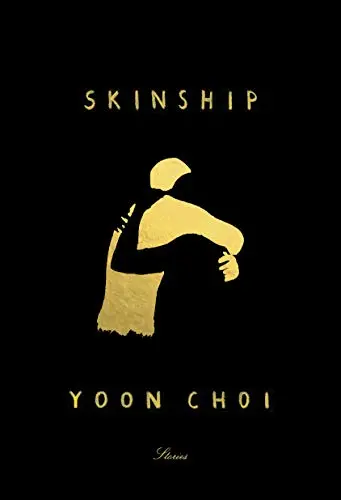
PEN/Hemingway Award for Debut Novel ($10,000)
To a debut novel of exceptional literary merit by an American author.
Judges: Zeyn Joukhadar, Téa Obreht, Daniel Torday
Winner: Detransition, Baby: A Novel, Torrey Peters (MCD), Bookshop
From the judges’ citation: “Torrey Peters’s Detransition, Baby, with its sharp wit, devastating clarity, and keenly observed characters, is exceptional not only for its fluid, intelligent prose, but also for the way the novel challenges dominant narratives of time and of gender that flatten and erase the rich complexity of the lives of both cis and trans people. There’s an elation, an honesty, and a verve to Peters’s voice that sounds unlike any prose in recent memory, a unique energy which keeps the narrative moving as she threads in and out of the consciousness of her unforgettable characters. Detransition, Baby is a masterful portrait of an unlikely family navigating a world that so often forecloses trans futures, three characters struggling to learn to love each other with grace, tenderness, and, when all else fails, with humor.”
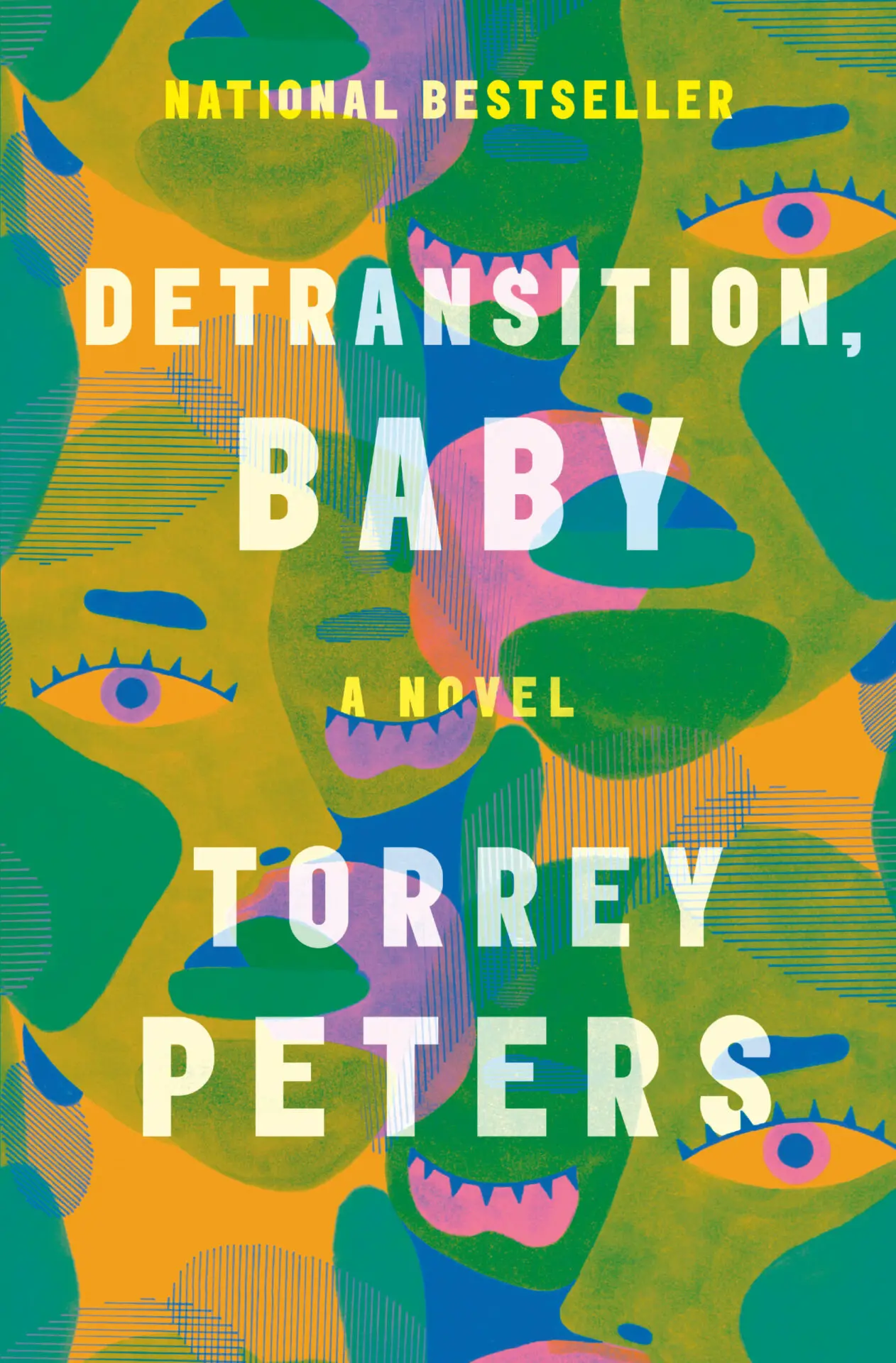
PEN/Diamonstein-Spielvogel Award for the Art of the Essay ($15,000)
For a seasoned writer whose collection of essays is an expansion on their corpus of work and preserves the distinguished art form of the essay.
Judges: Jason DeParle, Hua Hsu, Marilynne Robinson
Winner: Graceland, at Last: Notes on Hope and Heartache from the American South, Margaret Renkl (Milkweed Editions), Bookshop
From the judges’ citation: “Margaret Renkl’s weekly essays for the New York Times offer a model for how to move through our world with insight and sensitivity. Graceland, At Last: Notes on Hope and Heartbreak from the American South takes in the full scope of her surroundings, and the reader walks away wanting to see as she sees, hear what she hears, smell what she smells. It’s a stellar collection that spans nature writing and cultural criticism, the present and the past, full of explorations of religion, belief, and Southern politics that flex a cordial, probing curiosity. She picks good heroes—John Lewis, John Prine, ‘the lowly Tennessee coneflower”—and she makes sharp judgments without sounding judgmental. At a moment of extreme division, Renkl writes with a generosity of spirit, as a neighbor rather than ideologue.”
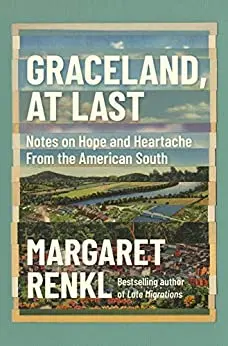
PEN/Voelcker Award for Poetry Collection ($5,000)
To a poet whose distinguished collection of poetry represents a notable and accomplished literary presence.
Judges: Lillian-Yvonne Bertram, Lia Purpura, Safiya Sinclair
Winner: frank: sonnets, Diane Seuss (Graywolf Press), Bookshop
From the judges’ citation: “In frank:sonnets, Diane Seuss mines, hones, and honors the traditional sonnet, heeding its essential boundaries and blowing them wide open. Her ability to radically associate and tell stories extends the form far beyond each poem’s initiating moment. The evolution of the sonnet is intertwined with the evolution of self; in Seuss’s hands, the sonnet must evolve to encompass and accompany the intricacies of a contemporary life.
Her subjects—girl- and womanhood, class and poverty, AIDS, the body, addiction, devastating loss, the very construction of an artist-self—constitute, in and of themselves, rough terrain, but the gut-punches nearly every single poem offers reveals an awareness, a wisdom, and a clarity so precise that it’s possible to experience hurt in beautiful, capacious ways. Poet Robert Frost said, “No surprise in the writer, no surprise in the reader,” and one feels the writer’s own surprise in poem after poem—that she’s found a way of perceiving, an effortless-seeming method fed by a deep knowledge of form, a singular sensibility, a hard-won sense of humor and absurdity, and life-long commitment to the word. Seuss asks in her first sonnet, “…how do I explain / this restless search for beauty or relief?” For her readers, the answer is unequivocally by way of the poetry itself, the words of a visionary guide, clear-witted reporter, intimate and unsparing friend, and urgent prophet for our time.”
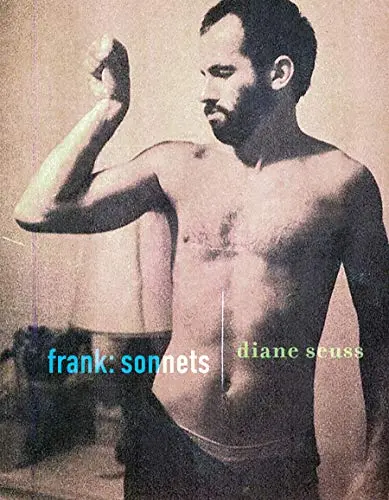
PEN Award for Poetry in Translation ($3,000)
For a book-length translation of poetry from any language into English.
Judges: Caro Carter, Michael Favala Goldman, Parisa Saranj
Winner: Everything I Don’t Know, Jerzy Ficowski (World Poetry Books), Translated from the Polish by Jennifer Grotz and Piotr Sommer, Bookshop
From the judges’ citation: “This translation stands out not only for the excellence and breathtaking beauty of each poem, but for the cohesion of the entire collection, assembled from eleven of Jerzy Ficowski’s fifteen books of poetry written over the course of five decades. Masterfully translated from the Polish by Jennifer Grotz and Piotr Sommer, Everything I Don’t Know brings to readers the extraordinary work of Ficowski (1924-2006), a poet, writer, and translator himself, whose poetry has long been overlooked despite—or perhaps because of—his unique brilliance. From the first to last page, Ficowski’s lyrical and ever empathetic voice sings, his uncompromising tenor never cracking, even as he shifts from musings on honeybees to recollections of the Holocaust. Grotz and Sommer have accomplished the truly herculean task that all translators must face when bringing a largely unknown author into another language—they have crafted a distinct, consistent, yet fluid voice for Ficowski that evolves with the passage of time and pages. Everything I Don’t Know is a poetic page turner, both delightful and painful to read, in which Grotz and Sommer brilliantly display how Ficowski navigates style and form as adeptly as he does the human experience.
In “Fingerprints,” we read, “Sharpen memory / until it pricks.” Ficowski chiseled both his own experience and that of others, such as the Jews and Roma with whom he spent significant time, to a fine point, which is both delightful and painful to read. With brilliant skill, Grotz and Sommer have delivered Ficowski’s notoriously difficult-to-translate verses to the English language.”
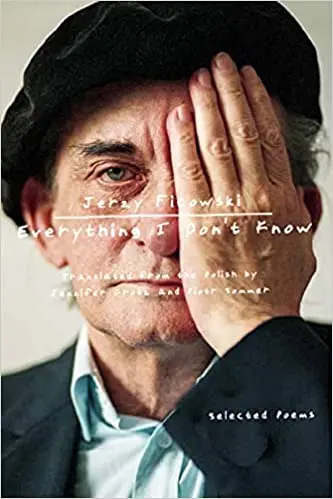
PEN Translation Prize ($3,000)
For a book-length translation of prose from any language into English.
Judges: Almiro Andrade, Mayada Ibrahim, Barbara Ofosu-Somuah, Sharon E. Rhodes
Winner: Migratory Birds, Mariana Oliver (Transit Books), Translated from the Spanish by Julia Sanches, Bookshop
From the judges’ citation: “In her Spanish to English translation of Mariana Oliver’s Migratory Birds, Julia Sanches deftly captures Oliver’s grappling with the betweenness of language and translation, and the artful simplicity of the author’s poetic prose comes across beautifully. Our era is rife with nationalistic sentiment based on the idea that a given person belongs to a singular place, that to be stationary is the only right way to be and that to migrate is essentially criminal. Oliver’s probing of this thought extends to languages as well as physical places. As she writes, “authors who write in languages that are not their own are frequently interrogated about their motivations, as though words were also private property. […] Perhaps people believe deep down that authors who do not write in the language of their mothers are taking something that is not theirs, that they are writing where they don’t belong, that they are word thieves.” There are plenty of historical references to contradict this notion, to suggest, indeed, that migration is as natural to humans as to so many species of birds, but we have never before read such a light yet profound illustration of this principle as in Migratory Birds, brought to new audiences in Sanches’ outstanding translation.”
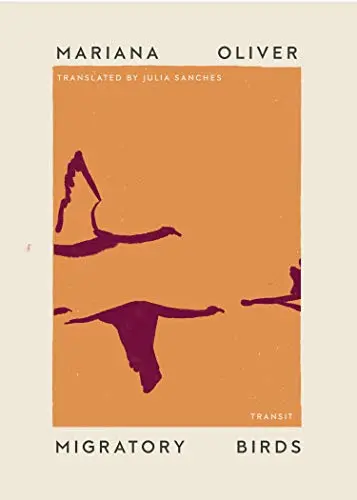
PEN/E.O. Wilson Literary Science Writing Award ($10,000)
For a work that exemplifies literary excellence on the subject of the physical or biological sciences and communicates complex scientific concepts to a lay audience.
Judges: Jonathan Safran Foer, Michele Harper, Lauren Redniss
Winner: Fox & I: An Uncommon Friendship, Catherine Raven (Spiegel & Grau), Bookshop
From the judges’ citation: “In folklore, the fox is often a trickster, teaching lessons through surprising schemes. Catherine Raven’s Fox & I is also sly, sneaking up on the reader with delicacy and unsentimental tenderness. In portraying the relationship between herself and the fox she befriends, Raven eludes conventional divisions between humans and nature. She invites wilderness—and wildness—inside, and asks her readers to question these boundaries. With vividly detailed prose, Raven depicts a landscape humming with the vitality of tiny creatures, fragrant flowers, and danger. We are delighted to present the 2022 PEN/E.O. Wilson Literary Science Writing Award to Catherine Raven for her eye-opening narrative of friendship and discovery.”
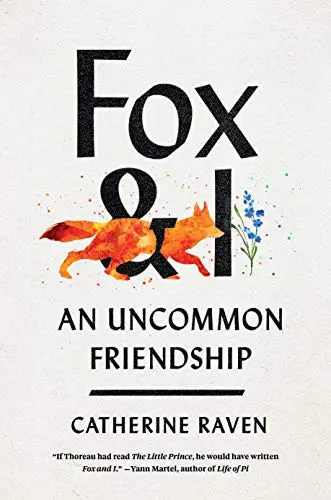
PEN/Jacqueline Bograd Weld Award for Biography ($5,000)
For a biography of exceptional literary, narrative, and artistic merit, based on scrupulous research.
Judges: Luke Dittrich, Paul Golob, Imani Perry
Winner: All the Frequent Troubles of Our Days: The True Story of the American Woman at the Heart of the German Resistance to Hitler, Rebecca Donner (Little Brown and Company), Bookshop
From the judges’ citation: “All the Frequent Troubles of Our Days by Rebecca Donner is not just an exemplary biography but also a propulsive, page-turning spy thriller and a rigorous, groundbreaking new history of German resistance networks during World War II. At the book’s heart is Mildred Harnack, a Wisconsin-born academic who in 1932 became the leader of a secret, Berlin-based anti-fascist group called ‘The Circle.’ Harnack spent the next decade navigating a dark, paranoid, Le Carré-ian world of dead drops, coded messages, and smuggled radios, all while struggling to stay a step ahead of the Gestapo. Donner is Harnack’s great-great-niece, but she doesn’t dwell on this connection, keeping the narrative rooted firmly in its historical context and centered on the life of this remarkable woman. With vivid, lyrical writing built on a foundation of extraordinarily deep research, Donner provides an intimate view of Harnack’s transformation from a restless and somewhat aimless graduate student into an enemy of the Nazi regime so potent that she earned the personal animus of Adolf Hitler. Early on, when describing Harnack’s destruction of a potentially incriminating journal, Donner writes, “Her goal was self-erasure. The more invisible she was, the better her chances for survival.” Now, with this mesmerizing, unforgettable book, Donner has undone that erasure, and ensured that the astonishing story of a great and complicated hero will survive for years to come.”
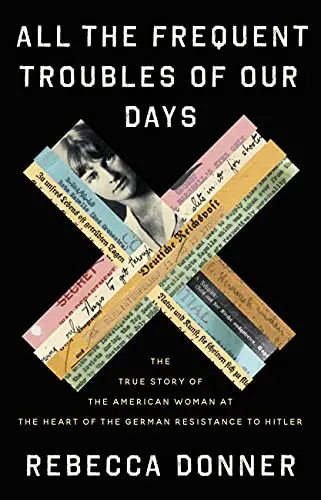
PEN/John Kenneth Galbraith Award for Nonfiction ($10,000)
For a distinguished book of general nonfiction published, possessing notable literary merit and critical perspective that illuminates important contemporary issues.
Judges: Emma Copley Eisenberg, Dr. K. Tsianina Lomawaima, Chanel Miller, Dagmawi Woubshet
Winner: All That She Carried: The Journey of Ashley’s Sack, a Black Family’s Keepsake, Tiya Miles (Random House), Bookshop
From the judges’ citation: “All That She Carried: The Journey of Ashley’s Sack, A Black Family Keepsake, by Tiya Miles, is a dazzling work of history written with lively and formally innovative prose, illuminated by imaginative archival research, and told with earned hope. Miles traces the history of a precious artifact passed down across generations of Black women, a gift born out of unbearable loss and enduring love. During slavery, before her daughter Ashley is sold and permanently severed from her, Rose gifts her a sack containing a tattered dress, some pecans, and a braid of hair, and tells her “It be filled with my Love always.” Miles recovers this “minor” object to reveal a major history of American life. While Rose’s gift of an “emergency pack” became a beacon of survival for Ashley and her descendants, Miles’s book provides us all a powerful story with which to contend with the American past and present, unflinchingly and with love.”
